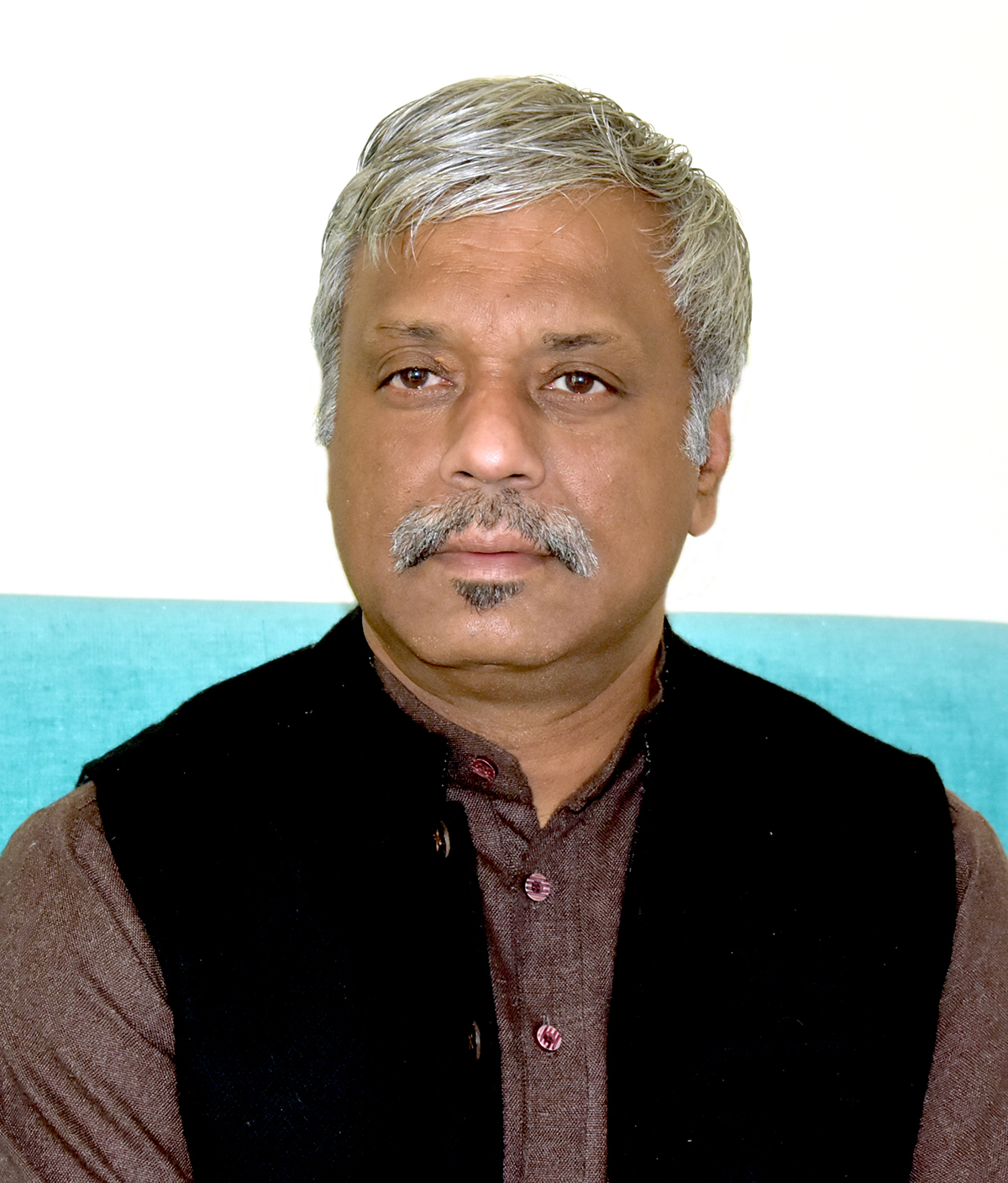BBIN Sub-Region: Perspectives on Climate-water-Energy Nexus
Pentagon Press
About the Book
Bangladesh, Bhutan, India and Nepal (BBIN) are home to 21 per cent of the world’s population. With projected economic growth in the BBIN countries, a consequent increase in the demand for electricity and heavy dependence on fossil fuels are expected despite the pitch for renewable energy. The region also faces unprecedented climate change, particularly in the Hindu Kush Himalaya, the cradle of major sub-continental rivers, and where melting glaciers, unpredictable weather conditions, and rainfall patterns are affecting the life of millions and instigating frequent natural disasters. Since 2014, India has tried to maximise sub-regional interaction with the aim of promoting cooperation in the economic, social, cultural and scientific fields. This has opened new thinking and opportunities, complementing the pace of globalisation and liberalisation. The fear, of course, is that this approach can easily dissipate in the face of security complexities and political difficulties.
The climate-water-energy nexus is now a familiar concept in the resource management debate requiring long-sighted approaches that help avoid maladaptive pathways and, as a tool, to anticipate the tilt and balance of the nexus resources and the nature of their interactions. The nexus as a policy approach brings together the concept of ‘security and sustainability’. However, the framing of the nexus around a scarcity crisis narrative often pushes states towards control and possessiveness of the resources rather than driving them towards stability and durability solutions. Beyond this framework, a more nuanced political–economy understanding of the BBIN sub-region is essential.
About the Author
Uttam Kumar Sinha is a leading commentator on transboundary water issues, climate change, and the Arctic region. After a brief stint in the print media and a doctoral degree from Jawaharlal Nehru University he joined the Institute for Defence Studies and Analyses in 2001 (now renamed as Manohar ParrikarIDSA) where he is a Senior Fellow, leads the non-traditional security centre, and is the managing editor of the Institute’s flagship journal Strategic Analysis published by Routledge. During India’s G20 Presidency, he was the Co-chair of the T20 Task Force on ‘Accelerating SDGs: Exploring New Pathways to the 2030 Agenda’. He is a recipient of several fellowships and leadership programmes including Senior Fellow at the Nehru Memorial Museum and Library (2018-2020); academic visitor at the Harvard Kennedy School (2015); Chevening ‘Gurukul’ leadership at the London School of Economics and Political Science (2008) and a visiting fellow at the Peace Research Institute Oslo (2006). His books include Indus Basin Uninterrupted: A History of Territory and Politics from Alexander to Nehru(Penguin Random House, 2021); Riverine Neighbourhood: Hydro-politics in South Asia (2016); and Climate Change Narrative: Reading the Arctic (2014). He has several edited and co-edited volumes including NonTraditional Security Challenges in Asia: Approaches and Responses (Routledge, 2015); Arctic: Commerce, Governance and Policy (Routledge, 2015) and Emerging Strategic Trends in Asia (Pentagon, 2015)










